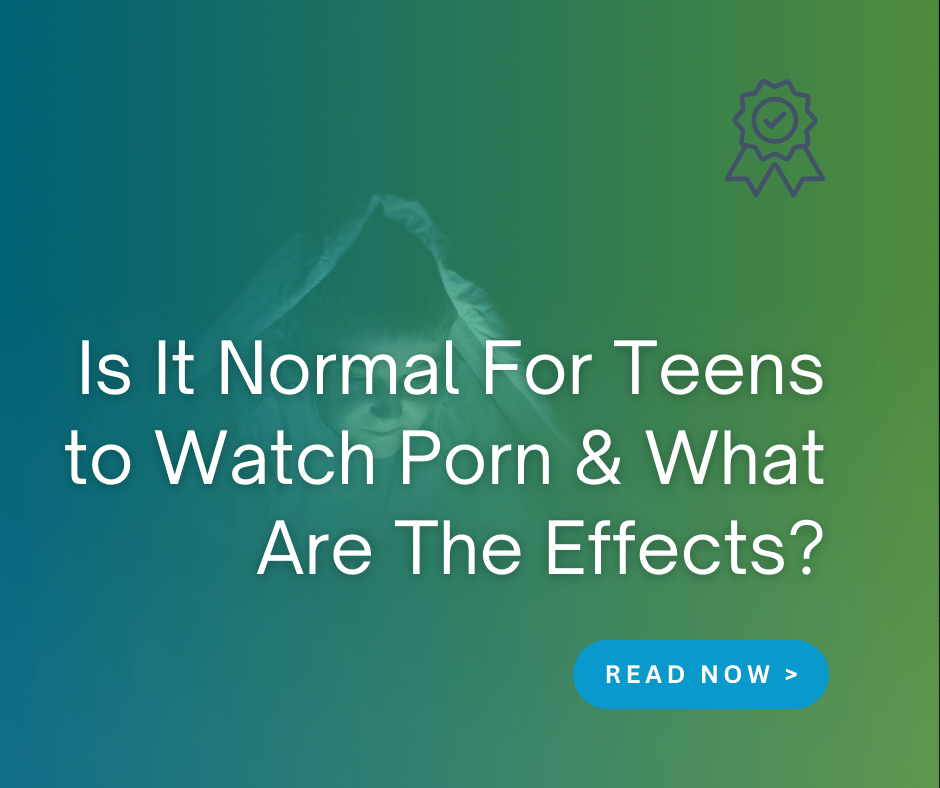Mental Health Support For Teens
One of the most difficult things about parenting a teenager is watching them struggle with things you can’t control. If your teen has a mental health disorder, you may feel helpless, sad, anxious, or angry about what they go through every day.
You do everything you can to support them. You work with teachers, therapists, tutors, and school administrators. However, some teenagers require substantial intervention, such as an intensive outpatient program (IOP), a partial hospitalization program (PHP), or time in a residential treatment center (RTC) to make progress.
Here are some general guidelines to follow if you’re considering an increased level of treatment for your teenager:
1. The Basics
Make sure your teen meets the criteria for intensive professional treatment. If the symptoms of a mental health disorder such as depression or anxiety almost every day for longer than two weeks, then you need to seek the support of a therapist or psychiatrist.
2. Honest Assessment
If you’ve got a treatment plan for your teenager, but they’re not showing any signs of improvement, then you need to consider making changes. If their current level of treatment is not working, then consider the next level up.
3. Co-Occurring Disorders
If your teen has anxiety, depression, or another mental health disorder and they develop an alcohol or substance use disorder, then they have co-occurring disorders, and will receive a dual diagnosis. Left untreated, co-occurring disorders can exacerbate one another by creating a life interrupting, self-reinforcing pattern of behavior and emotion that can be difficult to untangle.
Your Next Step
The bottom line is that if your current approach is not working, then you need to change the approach. Have a serious conversation with your teenager and anyone involved in the situation – teachers, counselors, therapists, or coaches – and get their input. The earlier your teenager gets the level of help they need, the better chance they have of making a complete recovery and developing lifelong tools for total health and wellness.












